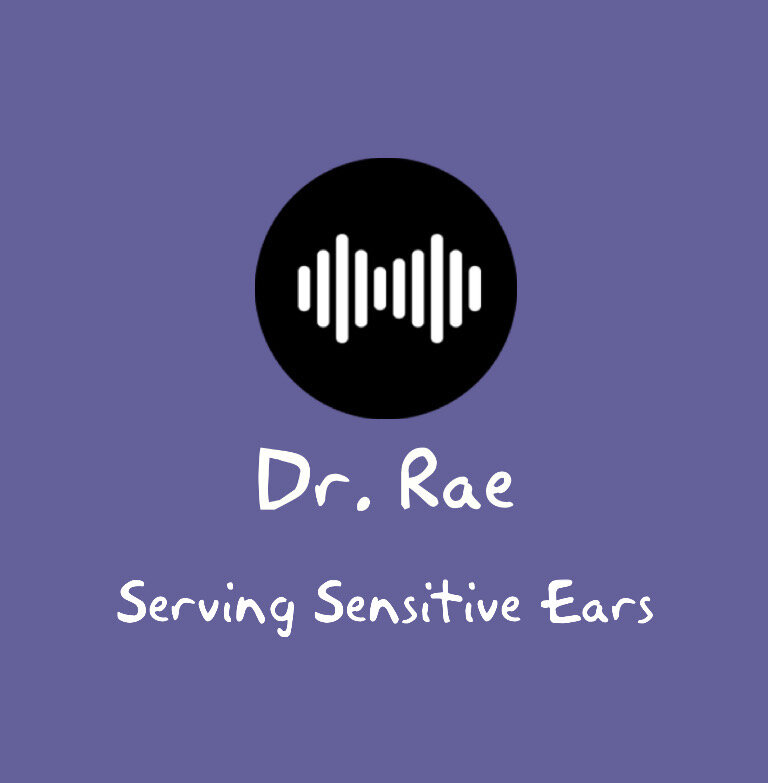Too Young to Diagnose?
Q: I’ve been told my child is too young to diagnose with APD.
Is it a better idea to do a trial of low-powered amplification now or to wait until he/she is 7-8 years old?
A: That is a good question. I think the best way to answer it is to look at it really as two questions. First, why is Auditory Processing Disorder not diagnosed until ages 7 or 8?
Second, should we wait to address symptoms of APD until that time?
The primary reason the APD testing is held off until age 7-8 is the reliability factor. Kids just are hard to test reliably until they are older. Also, at younger ages, it’s not always clear why there is a speech or language delay. Often, it is due to a fluctuating hearing loss due to middle ear infections (one of the primary causes of later Auditory Processing Disorder). Other times, it’s a secondary issue such as autism (which has been shown to be correlated with abnormally hypersensitive responses to loud sounds, another sign of potential APD).
APD testing really is still in its own infancy.
Diagnosticians are very wary about labeling a child as having APD when the disorder itself has so much overlap with other diagnoses (e.g., ADHD, OCD, Tourettes, Autism, Hyperacusis, Misophonia, etc.).
To add to the confusion, there is a bit of a turf war between audiologists, who believe that speech expression is directly related to speech reception – in other words, if you can’t hear and understand clearly, you are unlikely to be able to say something; and speech-language-pathologists who believe in a language-processing disorder, saying the entire disability is more related to the inability to process language itself.
Occupational therapists also think that APD is more on their turf, claiming it may be related to sensory processing disorders (SPD), and treat it accordingly.
Regardless of whose territory it is, the kids are suffering by having to wait for a diagnosis to be able to look at treatment.
In terms of treatment, it’s well known that early intervention is key when it comes to language acquisition. In adults, quick treatment staves off the chance of depression, dementia, and eventual loss of brain matter.
Children only have a limited time to acquire language. Using low-powered amplification does not pose any risk to natural hearing and instead both boosts natural speech sounds, gives access to location and spatial cues (unlike FM), and protects against loud sounds. The only risk you pose in a trial is not doing it. What if it had worked but you never knew? Is it better to spend months or years in speech therapy addressing sounds that could’ve been naturally corrected or acquired through better access to sound?
We have seen dramatic change with multiple young children. Children as young as 2 and ½ have had significant benefit from our trials. In fact, I’d risk saying the younger the child, the more noticeable the change in language and behavior in the shortest period of time.
Add auditory training or speech therapy to the mix and you may have a dynamic combination of awareness of sound and training to notice it appropriately.
In any case, if the trial shows benefit, it was beneficial. If it doesn’t, return the trials. At least, now you likely have a better idea of what to try next.
